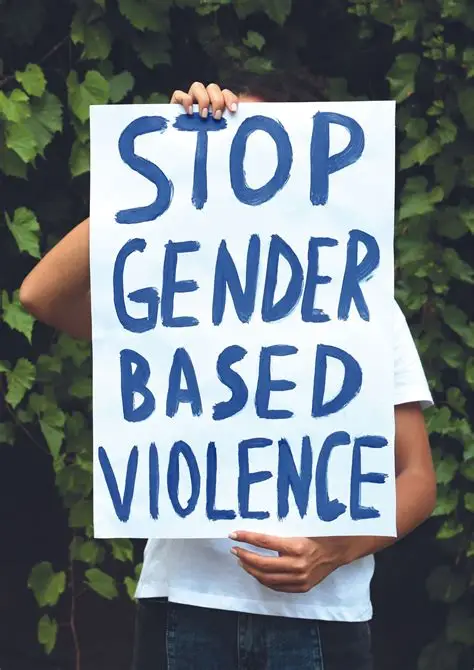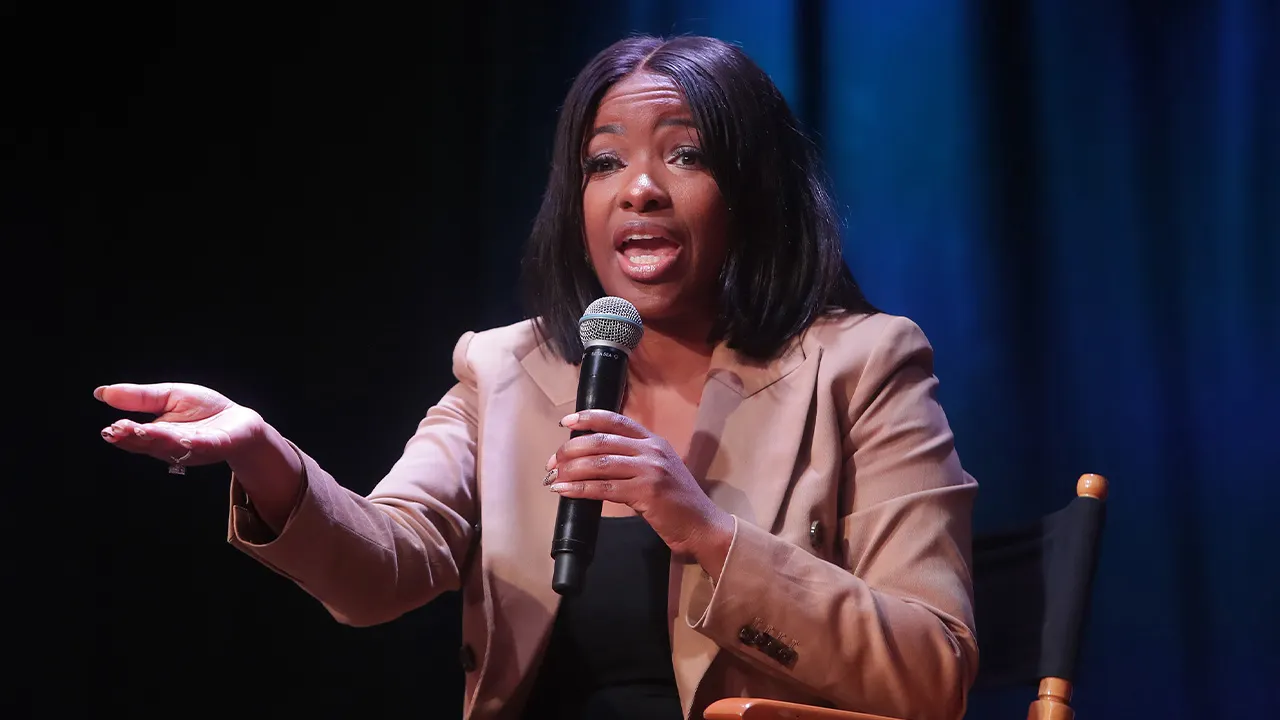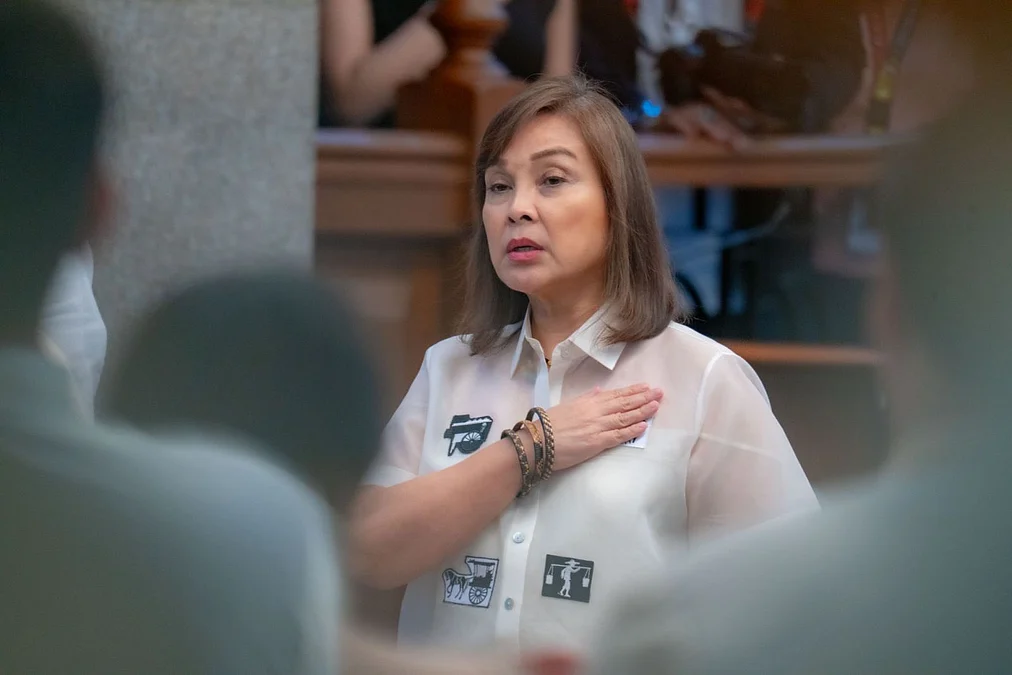By Our Reporter
Copyright pointblanknews

Stakeholders have raised alarm over the increasing cases of gender-based violence (GBV) in Nigeria, warning that unless urgent steps are taken, the menace will continue to erode the rights, health, and opportunities of millions of women and girls.
This is just as they called on the Nigerian authorities to end the culture of tolerating violence in homes and communities, stressing that silence and inaction have fueled the surge in GBV across the country.
The call was made in Abuja during the Men’s 2025 Summit organized by YouthHubAfrica in partnership with the Ford Foundation, aimed at tackling the rising tide of GBV. Participants stressed the need for concrete commitments and widespread advocacy through physical and virtual engagements across states, reframing the fight against GBV as a collective mission where men and women work together for a more just society.
Regional Director for West Africa at the Ford Foundation, Chichi Aniagolu-Okoye, expressed optimism that GBV can be reduced if men take responsibility for their actions.
“I think if African men can control their emotions, if they can control their bodies, if they can control everything, I think we won’t be having this conversation. But that requires socialization,” she said.
Aniagolu-Okoye argued that violence has become entrenched in society because the earliest form violence against women has long been tolerated in homes. She urged men to view women as partners rather than rivals.
“You should be thankful when you have a wife or a partner who is able to help you, but tradition has made you believe that it is an insult instead of favour. So instead of seeing the woman who is helping you as favour, you become antagonistic, you become competitive, and then you become aggressive.”
On his part, Executive Director of YouthHubAfrica, Rotimi Olawale, lamented that GBV continues to rob millions of Nigerian women and girls of their dignity and opportunities. While interventions have largely focused on protecting survivors and empowering women, he emphasized the pivotal role of men.
“As fathers, brothers, leaders, and peers, men must not only refrain from violence but also actively partner with women to dismantle harmful norms, promote equality, and build safer communities,” he said.
Olawale added that the summit was designed to engage traditional leaders, policymakers, civil society groups, youth networks, and the private sector in meaningful dialogue and joint action on one of Nigeria’s most urgent challenges of gender-based violence.



